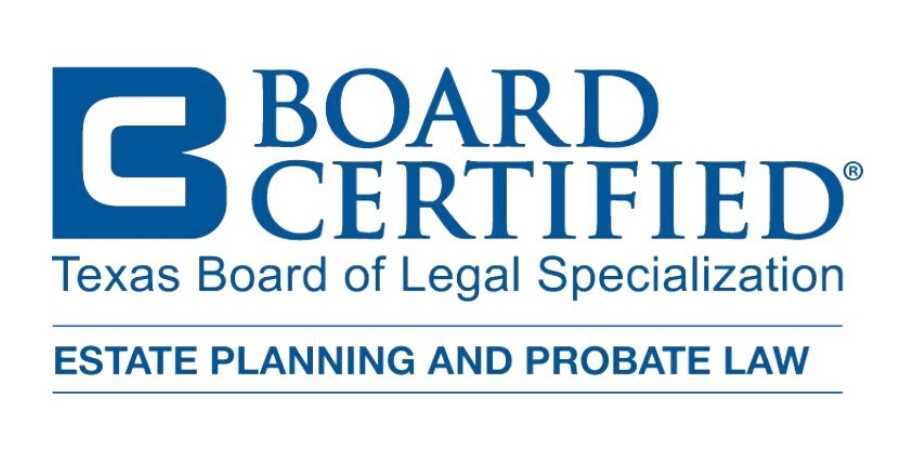What You Inherit Can Affect Your Taxes
What you need to know about the three primary types of taxes that could apply

When you receive a bequest from a loved one or a friend, you might be concerned about the tax implications. There are three primary types of taxes that could potentially apply: capital gains tax if you sell the asset, inheritance tax, and estate tax. While you won’t pay the estate tax directly, it can reduce the overall value of your inheritance since it must be paid by the estate before any distributions are made.
Taxes at the Federal Level
At the federal level, the IRS is primarily concerned with any capital gains tax you may owe if you later sell the inherited asset. Fortunately, the federal government does not impose an inheritance tax, and inheritances are generally not subject to income tax. So, if a relative leaves you $50,000 in cash, the IRS doesn’t consider it taxable income, which means you receive it tax-free. The catch? Any capital gains down the road could be taxable.
State Inheritance Taxes
You’re likely in the clear when it comes to state inheritance taxes as well. Only six states currently impose this tax: Iowa, Kentucky, Maryland, Nebraska, New Jersey, and Pennsylvania. If the deceased lived or owned property in Texas or any one of the other 44 states, you won’t owe any inheritance tax, regardless of where you live.
Even if the decedent resided in one of the six states that do collect inheritance taxes, property passing to a surviving spouse is exempt across the board. And only Nebraska and Pennsylvania tax inheritances passed on to children and grandchildren. Depending on your relationship to the decedent, you might not owe inheritance tax even in these states.
State and Federal Income Taxes
Inheritances themselves are not considered taxable income at either the federal or state level, so you don’t need to report the gift on your income tax returns. However, certain inherited assets, such as traditional IRAs or 401(k)s, come with built-in income tax consequences. When you take distributions from these accounts, you’ll have to include those amounts in your ordinary income for tax purposes.
The Capital Gains Tax
This tax comes into play when you sell an inherited asset. If you sell it for more than its value at the time of inheritance, you’ll owe capital gains tax on the difference. If you sell it for less, no tax is due. For example, let’s say you inherit a house valued at $250,000 when your relative passes away, and you sell it a few years later for $275,000. You’d owe long-term capital gains tax on the $25,000 profit. Thankfully, long-term capital gains are usually taxed at a lower rate than ordinary income, and the good news is that inheritances receive a "stepped-up basis." This means that even if the property was originally purchased decades ago for $100,000, your gain will be calculated using the value at the time of death—$250,000—reducing the taxable gain significantly.
State Estate Taxes and Federal Estate Taxes
In some cases, both federal and state estate taxes might come into play. The 2018 federal estate tax exemption is set at $11.18 million, meaning most estates won’t owe federal estate tax unless they exceed this threshold. However, 12 states and the District of Columbia also impose estate taxes, with exemptions often much lower than the federal threshold. States such as Oregon and Massachusetts, for example, only offer a $1 million exemption. If you’re inheriting from someone who lived or owned property in one of these states, the estate may owe state estate taxes before you receive your inheritance, and the amount you inherit could be reduced accordingly.
The Bottom Line
There are many misconceptions when it comes to taxes and inheritances. Proper estate planning can help mitigate many of these taxes and preserve your wealth. If you’re unsure about the tax consequences of an inheritance, it’s crucial to consult with an estate planning attorney or accountant as soon as possible. This will ensure you comply with all federal and state laws and minimize your tax burden. Please note that this article is not intended as tax or legal advice. Always consult with a professional for up-to-date guidance specific to your situation. State and federal tax laws change frequently, and it’s essential to stay informed. Contact if you would like to know more about your specific situation.
























